Synopsis
The scenario is familiar: a client defines basic methods that work well on small amounts of lower-complexity content. Then, as the content quantity and complexity increase, the methods just don’t scale to meet the growing demands.
As the content workload increases, the in-country resources – who barely have enough time for their “day job” — are now performing time-consuming work that is outside their skill set. The result is typically a lack of appropriate attention to the content localization duties.
The Client’s Situation
One of the largest worldwide sports apparel manufacturers based in the USA contacted PTIGlobal, Inc., seeking a solution for quality and throughput time issues associated with their content localization pipeline. The specific focus was on the client’s digital marketing and e-commerce platforms.
PTIGlobal’s localization consultants met with the client representatives and discovered that in-country marketing managers and other marketing staff – in addition to their primary duties – were expected to perform localization roles and tasks.
The client reported that content releases were frequently delayed or not adequately reviewed, which impacted the accuracy and consistency of how their products were described to consumers in multiple countries – each of whom read, write, and speak in different languages.
Logically, if the client’s current method has issues with relatively simple content, then what are the chances that the method will scale to higher quantity and complexity content?
The existing practices simply could not meet the client’s goal of being first to market. Placing time-consuming roles and tasks on employees who are not experts in content project planning, localization, and QA testing had proven to fall short of the company’s goals.
Analysis
The above scenario required frequent rework to address content quality issues, which is a primary contributor to delays and increased costs. Other issues that the PTIGlobal consultants observed include:
- Ad-hoc project management led to inefficient performance of content assignments
- Non-existent translation feedback loop resulted in client’s frustration with their existing translation vendor
- Project plans and localization procedures were inconsistently documented
- Client-side resource changes resulted in changes to the localization process
- Overworked employees missed multiple deadlines
- Content review on critical content was skipped due to resource and time constraints
- In some cases, content required retranslation by additional translation agencies, which increased the costs
- Non-consolidated content stream across the various locales negatively impacted content reuse opportunities
- Inconsistencies in how the global brand and marketing messages were communicated negatively impacted the client’s goals
PTIGlobal’s Solution
PTIGlobal implemented a consistently managed continuous content review process that was ultimately extended to 23 markets. The result was a flexible program that performed above expectation. Noteworthy components included:
- Added project management and marketing translation professionals with copywriting experience
- Documented the business processes with clear guidelines and communication protocols
- Ensured “around the clock” 24/7/365 operation, providing timely deliveries of which 80-90% were within 24 hours
- Performed translation requests in as few as two hours during CET working hours
- Implemented a fully functional feedback loop with the third-party translation supplier
- Established an objective quality scoring system with quality thresholds
- Maintained close collaboration with client-side marketing teams to preserve expected tone and style
- Implemented international production support
- Provided engineering assistance to automate complex file preparation tasks
Results
PTIGlobal’s implemented solution helps the client realize a strong global market penetration and an improved brand perception. The program significantly increased production speed, adding two-hour translation support for rush content.
Content accuracy and delivery improved significantly and remains above expected thresholds.
The third-party translation team benefitted from a professional and consistent feedback loop through comments and scoring, which allowed them to adapt to expectations in quality, tone, and style.
The client’s managers now have objective data points for use in their decision-making process rather than previous subjective feedback, which was frustrating and non-specific.
As you can imagine, the client’s employees felt great relief to focus on their core competencies, while having full confidence in PTIGlobal’s international content solution.
Conclusion
PTIGlobal consultants can work with you to define a “Build vs Buy” analysis in which we identify the optimal tools, processes, and skills requirements for your content development and localization solution. Partnership with us can provide you with higher quality content earlier in your development cycles, and enable your resources to focus on their core competencies while we address the content creation and localization requirements.
To learn more about how PTIGlobal can help transform your global marketing strategy, call us at +1 503-906-6512 or contact us by email at getstarted@ptiglobal.com.
Follow us on our social media channels.









